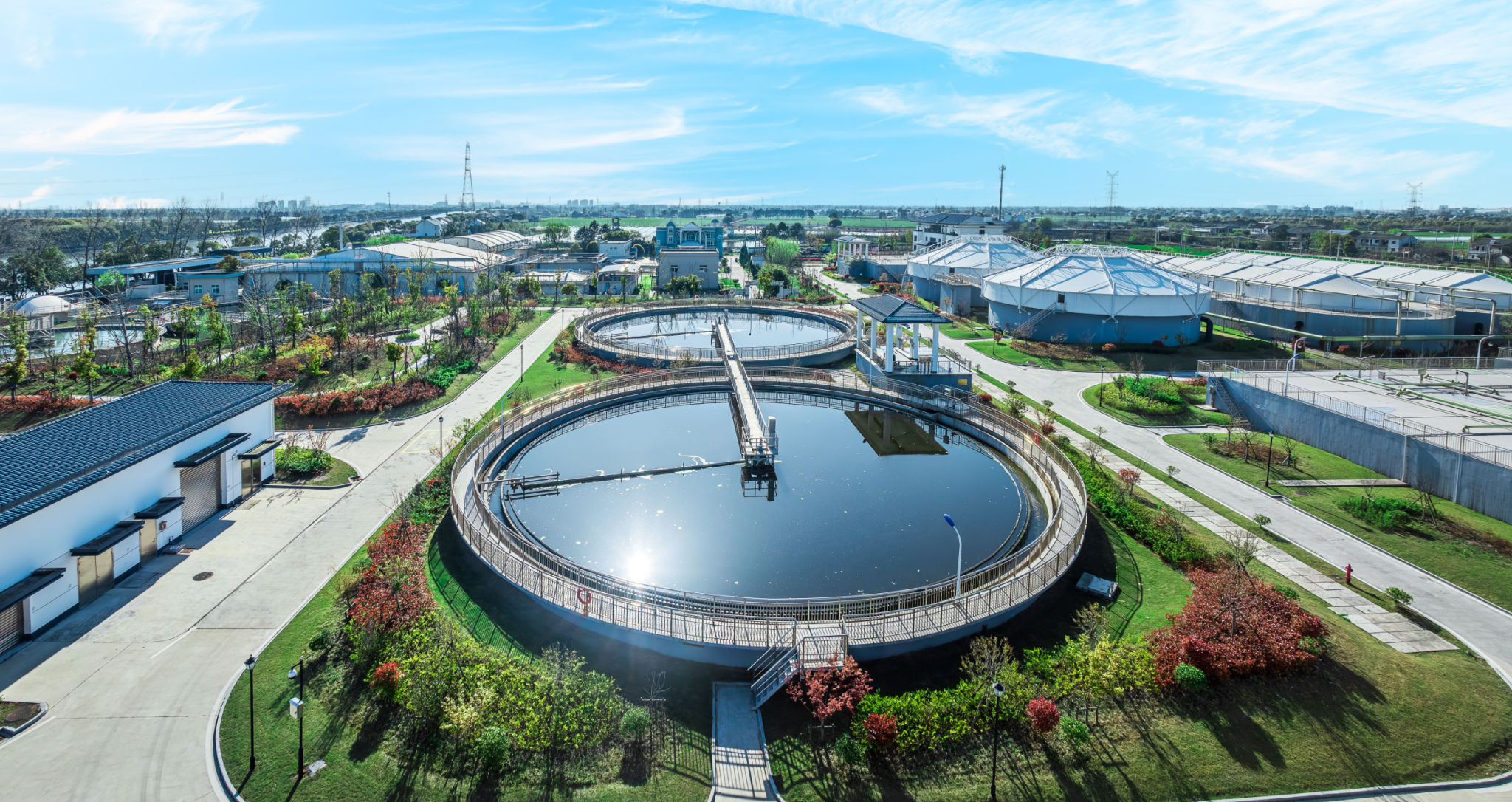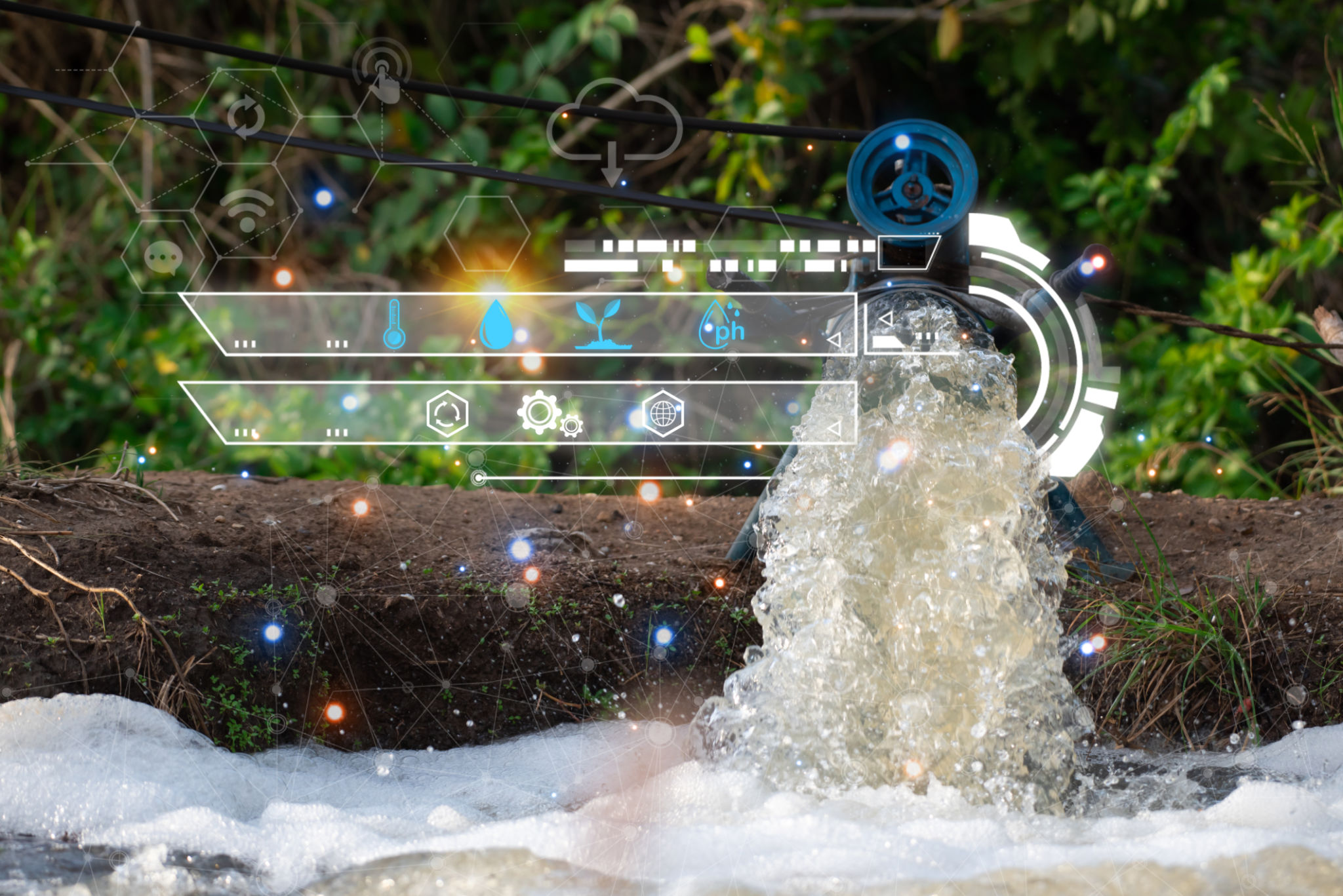Comprehensive Guide to Infrastructure Water Solutions in Delaware
Understanding Delaware's Water Infrastructure
Water infrastructure is a critical component of any state, ensuring the supply of clean, safe water to residents and businesses. In Delaware, the importance of maintaining and upgrading water infrastructure is paramount due to the state's unique geographical and environmental conditions. This guide explores the current state of water infrastructure in Delaware, the challenges faced, and solutions being implemented to ensure sustainability and efficiency.

The Current State of Water Infrastructure
Delaware's water infrastructure comprises a complex network of pipes, treatment plants, and storage facilities. Much of this infrastructure has been in place for decades, necessitating upgrades to meet modern standards. The state's commitment to providing safe drinking water and efficient wastewater management is evident in its ongoing projects and strategic plans.
However, aging infrastructure poses significant challenges. As pipes and treatment facilities reach the end of their lifespan, the risk of leaks, contamination, and service disruptions increases. Addressing these issues requires substantial investment and innovative solutions.

Key Challenges in Water Infrastructure
One of the primary challenges facing Delaware's water infrastructure is climate change. Rising sea levels and increased frequency of severe weather events put additional strain on existing systems. This necessitates robust planning and adaptation strategies to protect water resources.
Financial constraints also pose a significant hurdle. Upgrading infrastructure requires significant capital, which often competes with other public priorities. Collaborative efforts between state agencies, local governments, and private stakeholders are essential to secure necessary funding and resources.
Innovative Solutions for Sustainable Water Management
Delaware is actively pursuing innovative solutions to enhance its water infrastructure. These include adopting advanced technologies such as smart sensors and automated monitoring systems to detect leaks and optimize water usage. Additionally, sustainable practices like rainwater harvesting and green infrastructure are being integrated into urban planning to reduce runoff and improve water quality.

Community Involvement and Education
Community involvement is crucial in addressing water infrastructure challenges. Educating residents about water conservation practices and encouraging participation in local decision-making processes can lead to more informed and supportive communities. Public awareness campaigns and educational programs are instrumental in fostering a culture of sustainability.
Partnerships with educational institutions also play a vital role. Universities and research centers in Delaware are conducting studies to explore new technologies and methods for efficient water management, paving the way for future advancements.

The Future of Water Infrastructure in Delaware
The future of Delaware's water infrastructure relies on a proactive approach to planning and investment. By embracing innovation, strengthening partnerships, and prioritizing sustainability, Delaware can build a resilient water system that meets the needs of its growing population while protecting the environment.
Continued efforts in policy development, research, and community engagement will be essential to navigate the challenges ahead. With a comprehensive approach, Delaware is well-positioned to ensure a reliable water supply for generations to come.
